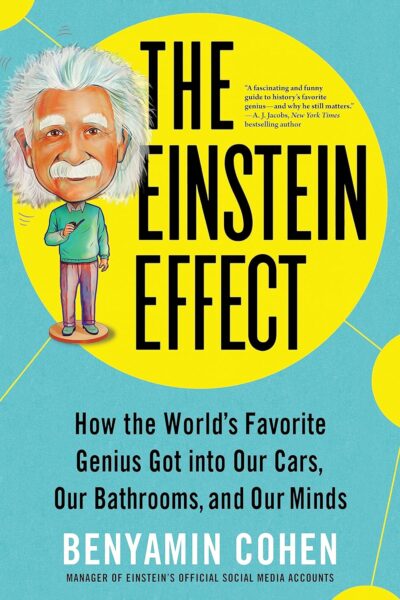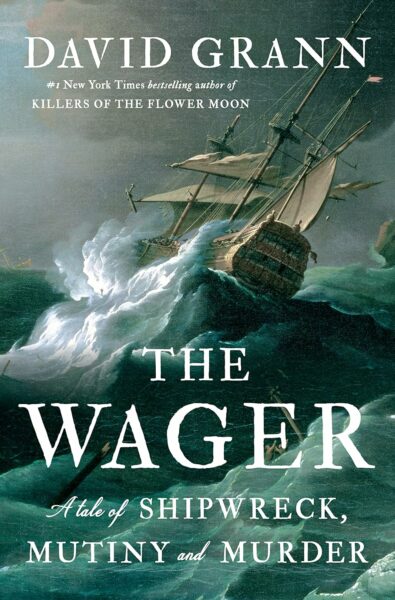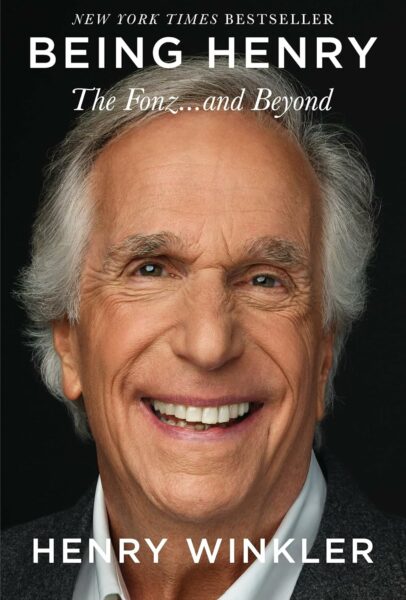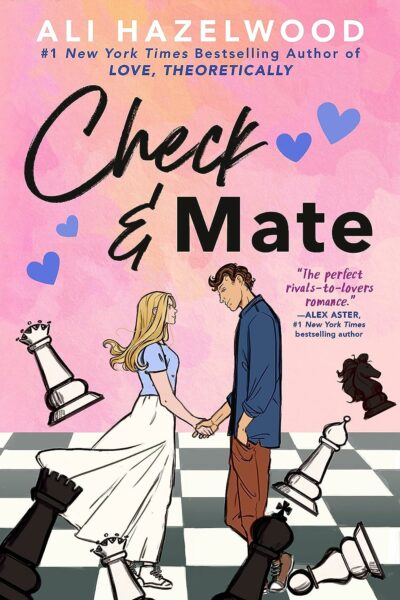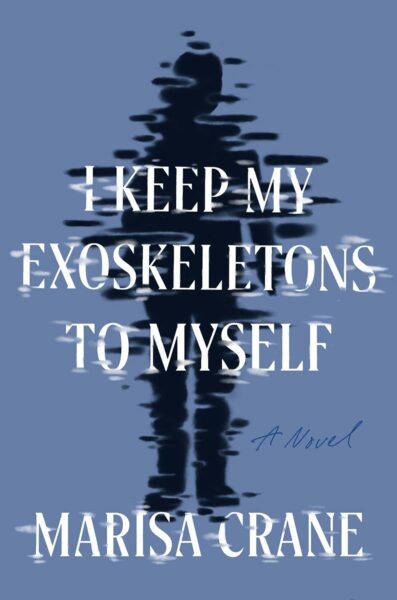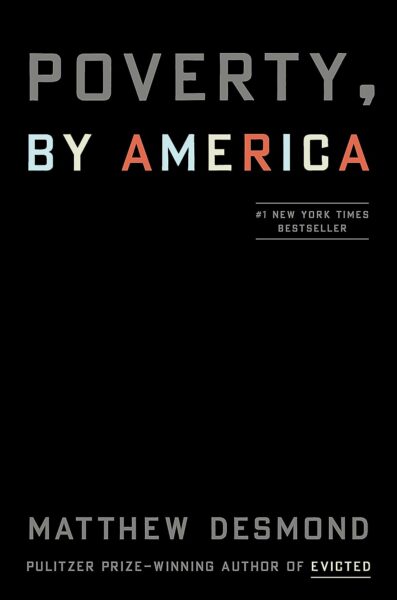Very boring for somebody in the NY lit scene to interview their friend about their debut book and write about how they're the voice of their generation, yet again, because they write in updated-alt-lit-internet-speak https://t.co/wrCg7j6OoV
— Hannah Williams (@hkatewilliams) May 3, 2024
What is a voice of a generation?” Honor Levy asks me at Corner Bar on Canal Street. “Is it the most controversial voice? The first person to write in the way that everybody writes? The person that most people hate or love?”
She’s not quite sure she qualifies as a VOG, as she calls it (rhymes with dog), though, as a 26-year-old writer with a lot of hype around her first book, titled My First Book, which she has been tweeting about since she was at Bennington College, she knows that is part of the reason people might read (and write about) her.
Levy was one of the niche icons of Dimes Square, the scene that bloomed on the little patch of the Lower East Side where we are currently drinking Diet Cokes. During the pandemic, it was synonymous with a squad of smart if somewhat bratty young people with vaguely anti-woke artistic ambitions. Their provocations can seem a little beyond their sell-by dates today…
Back in the dinosaur days, when I was still in high school, the NYTimes Sunday Magazine gave its cover to a frog-faced Yale frosh with an essay titled “An 18-Year-Old Looks Back On Life“. Upon reading it, I thought This chick is Going Places, and I only hope some of them will be as repugnant as her writing here. Apparently the piece did attract fan mail from a number of Serious Literary People, among them J.D. Salinger, who would enter into some kind of a groomer / stalker relationship with that 18-year-old and further precipitate her literary career…
Late Night Epistemic Bubble Open Thread: Literary Predators / ParasitesPost + Comments (138)


